Election runs smoothly under new voter ID laws — with at least one exception
By James Grob, jgrob@charlescitypress.com
According to poll workers at the Floyd County Courthouse in Charles City on Tuesday, the first election under Iowa’s new voter ID law went very smoothly — for the most part.
Around 2:30 p.m., however, there was one minor situation.
Jim Smith — a longtime Charles City resident, World War II veteran and former city attorney — did not have a photo ID. This was a problem.
Just prior to Smith’s arrival at the polling place, the volunteer poll workers had been commenting about how the new law was making their jobs much easier. Rather than having to look through a huge book and confirm each voter’s address, they simply had to put each voter’s picture ID through the computer system to confirm the voter’s eligibility, then lead the voter to the poll.
Poll workers said that voter turnout, as of 2 p.m. Monday afternoon, was bigger than they had expected. They attributed that to the new combining of the city and the school district elections.
It was also the first general election under a new law which requires Iowa voters to show an approved form of identification at the polls before they vote.
Smith, who was born in 1923, needed a ride to the courthouse because he no longer drives, so he no longer has a driver’s license. He allowed a poll worker to look through his wallet to try to find a photo ID, but the poll worker couldn’t find one.
A World War II veteran of the Navy, Smith served in the Pacific at the battles of Okinawa and Iwo Jima. The 1941 graduate of Charles City High School earned a law degree at the University of Iowa in 1950, became Charles City attorney in 1970, and practiced law in the community for many years after that. He told the poll workers he had voted there many times, and laughed at the suggestion that he needed to prove his identity, having been registered to vote in Floyd County for many years.
Every poll worker there knew who Smith was, and agreed that he wasn’t likely to try and pull a fast one and deliberately vote illegally, but by the law, they couldn’t allow him to vote without a photo ID.
Smith was sent upstairs to the County Auditor’s office to see if he could rectify the situation. Poll workers suggested he could perhaps obtain a photo ID on the spot, or perhaps an attester could be found.
Floyd County Auditor Gloria Carr returned to the polling area a little while later with Smith and attested for him. On Wednesday, Carr assured the Press that Smith did get to vote on a regular ballot.
There was some momentary confusion with the new law, Carr said, but any registered voter in the precinct who knew Jim, including any of the poll workers, could have attested to his identity.
Any registered voter can attest to the identify of up to two other voters in the same precinct who do not have the proper ID with them, Carr said.
The new law requires a voter to show an Iowa driver’s license or non-operator ID, Iowa voter ID card, U.S. passport, U.S. military ID or veteran’s ID, or a tribal ID/document at the polls before they vote.
The law was approved in 2017 by the GOP-controlled Iowa legislature and signed by then-Gov. Terry Branstad. Iowa Secretary of State Paul Pate has championed the law, saying that it makes it “more easy to vote and more difficult to cheat.”
Proponents of the law have said it increases Iowan’s confidence in the security of their elections, while requiring valid identification makes it easier for the state’s electronic poll book to keep track of voters.
Opponents of the law have said it could be used as a weapon of voter suppression that would disproportionately affect people of color, the poor, the elderly and people with disabilities.
On Oct. 1, A Polk County Judge upheld the part of Iowa election law that requires voters bring an I.D. to the polls, but struck down other provisions he deemed unconstitutional. The League of the United Latin American Citizens of Iowa had challenged the law in court.
In the ruling, the judge declared that requiring voters in Iowa show a driver’s license or state-issued I.D. card at the polls does not run at odds with the Iowa Constitution, but struck down some other parts of the changes to voting laws, including a signature verification section, which allowed county auditors to reject absentee ballots if they thought the paperwork was signed by someone other than the registered voter.

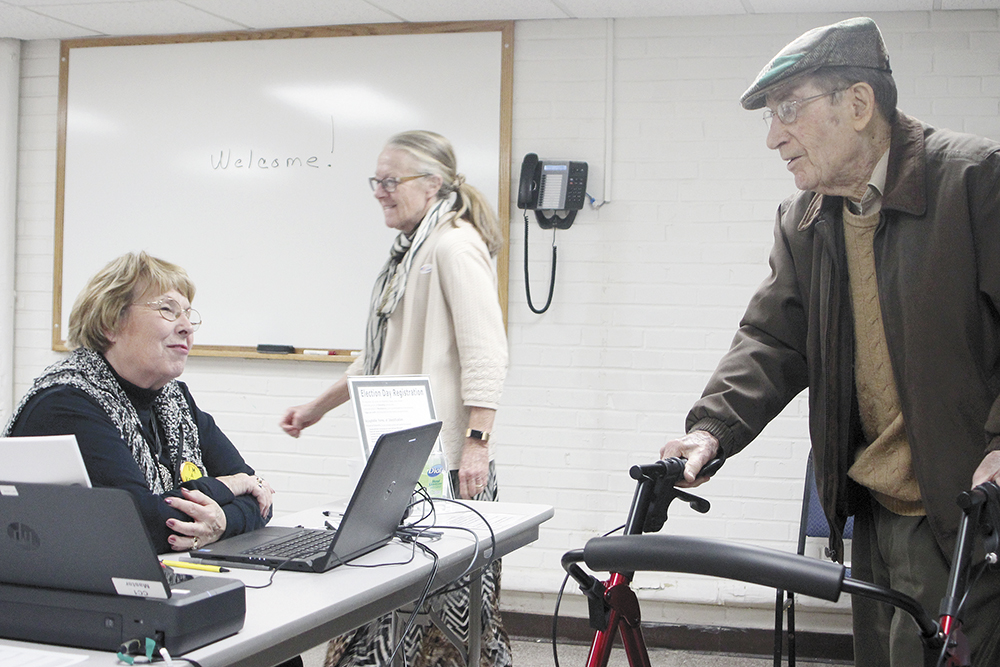
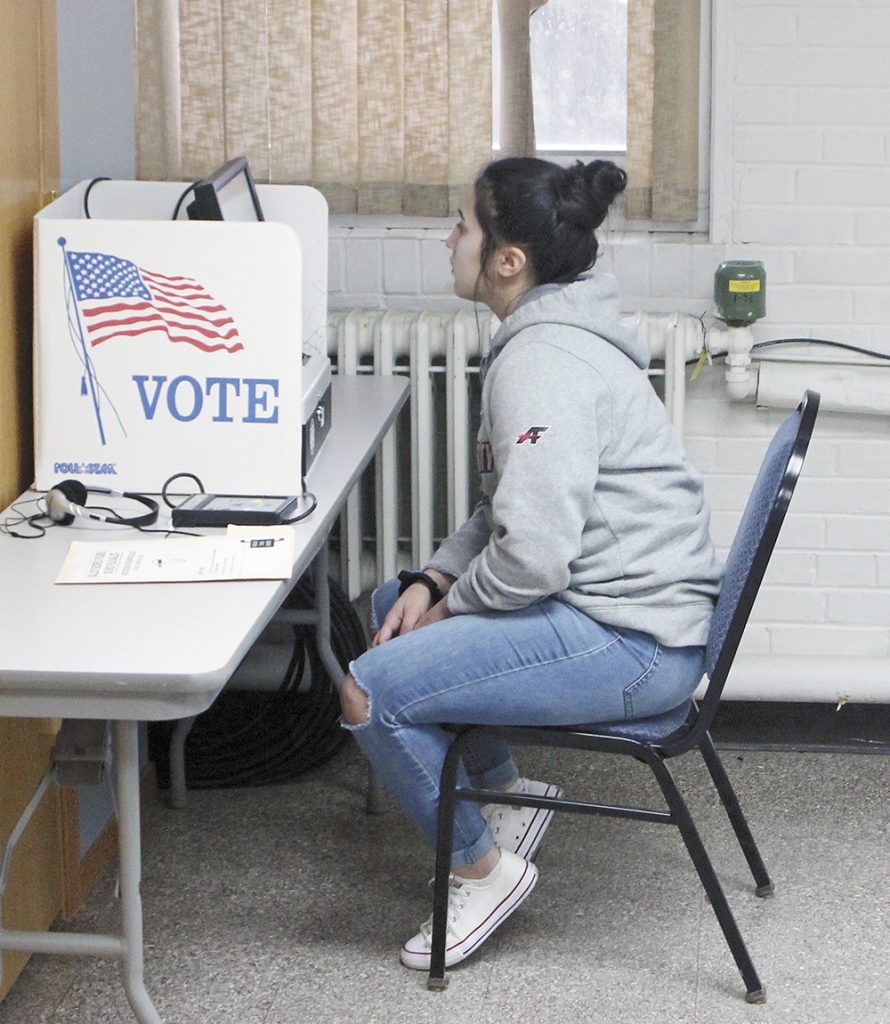
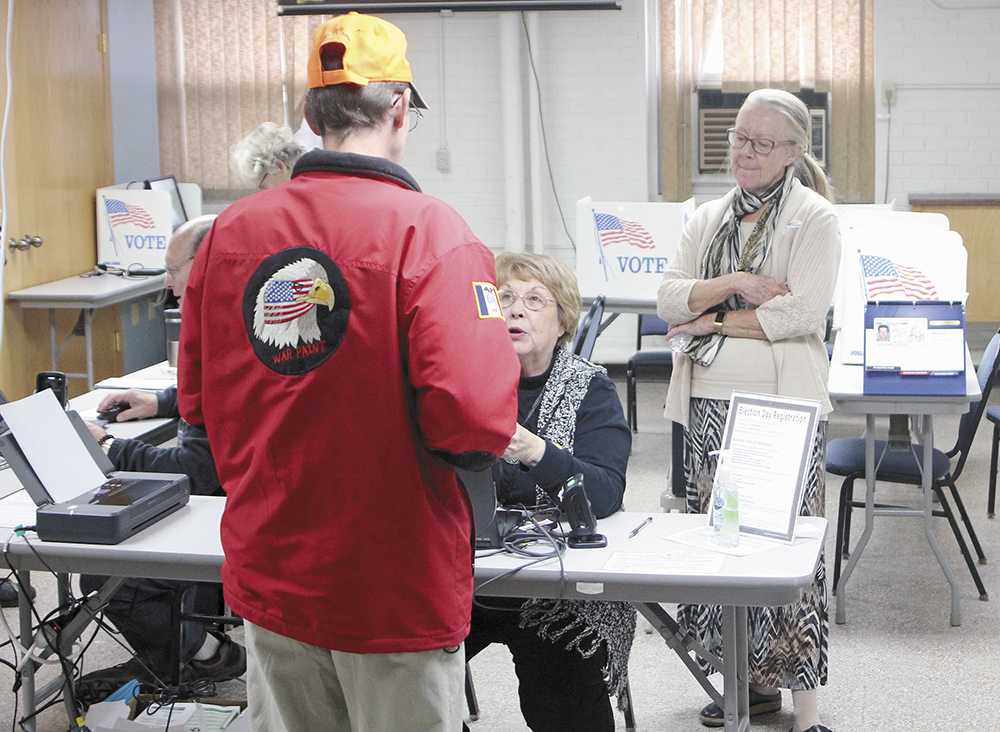
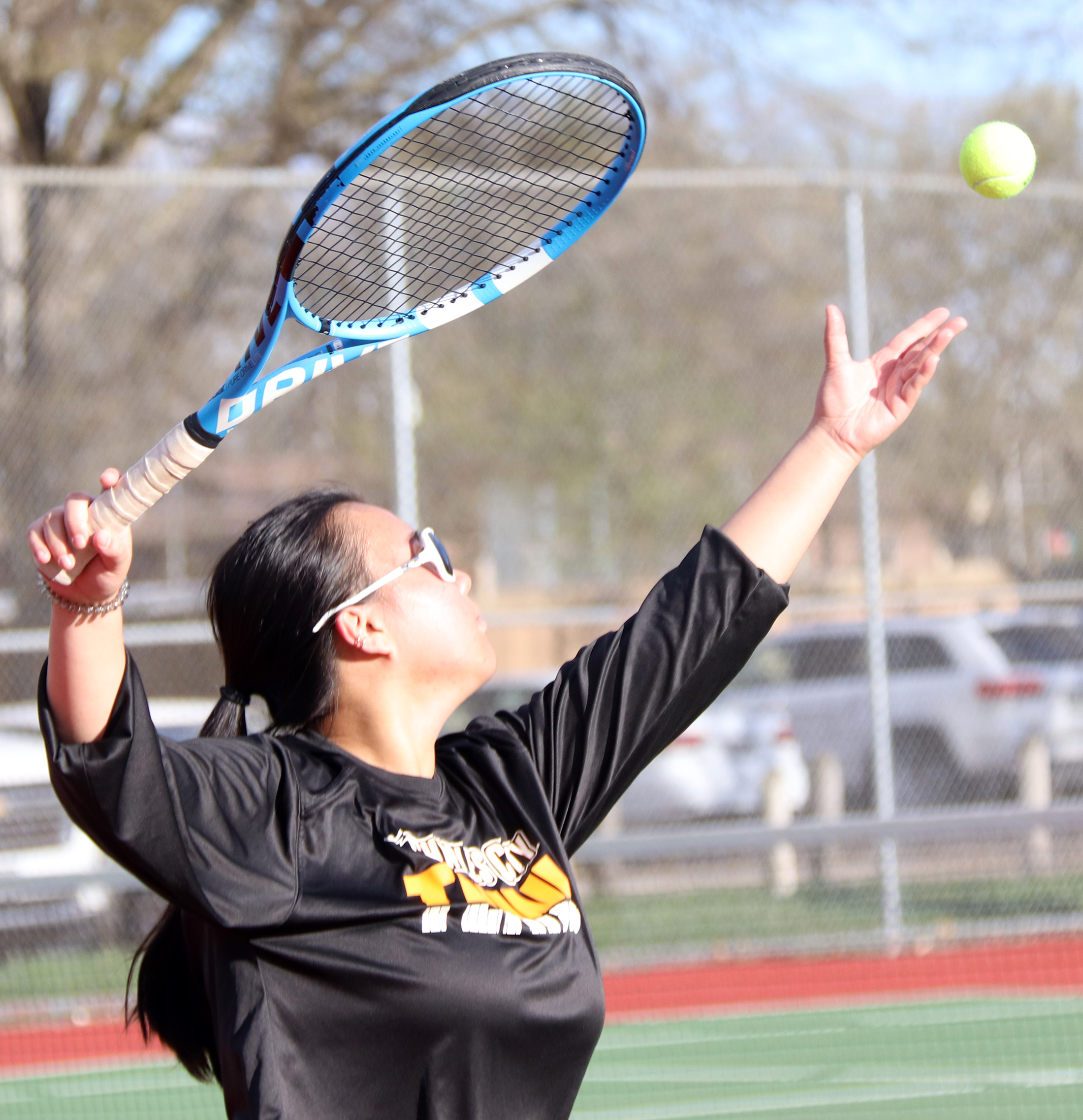
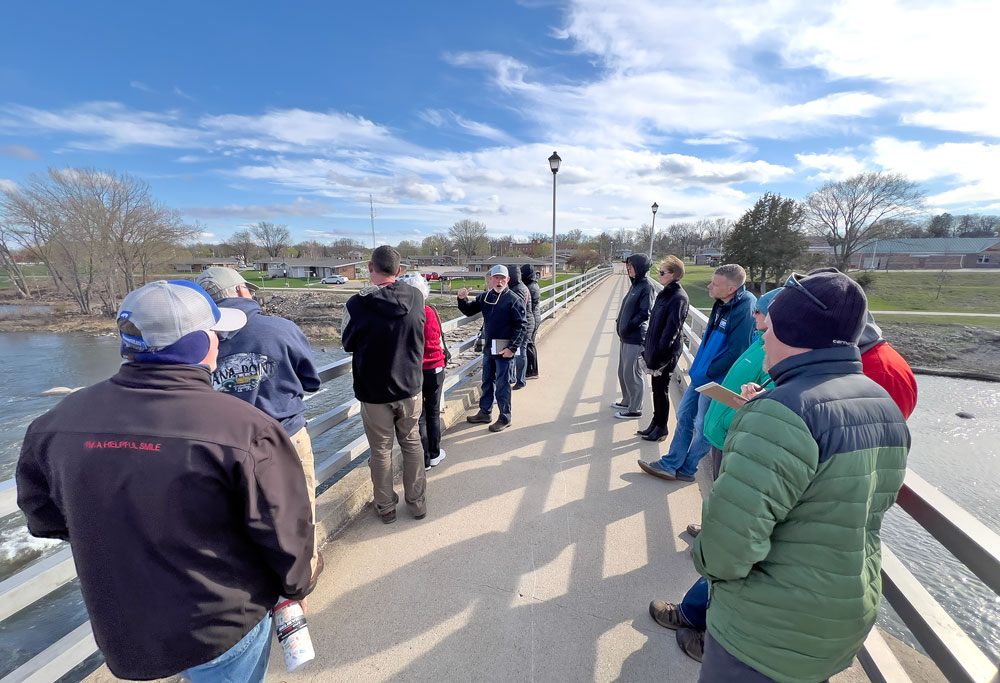
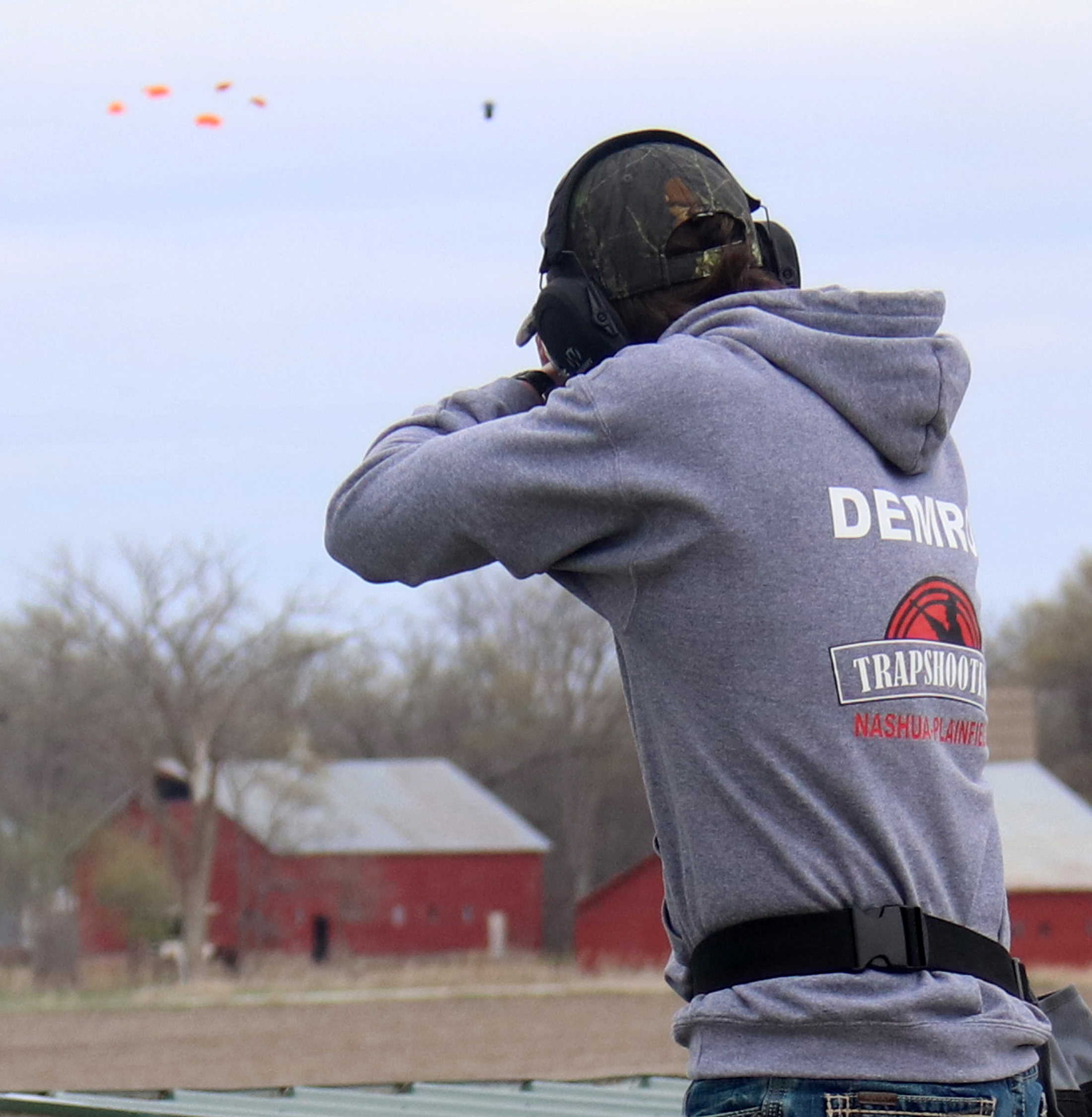



Social Share